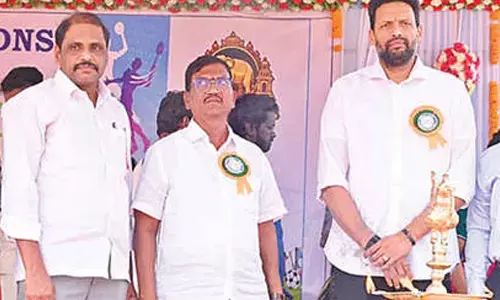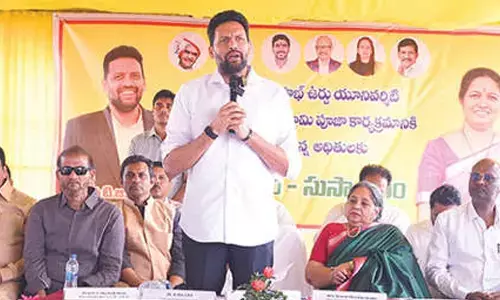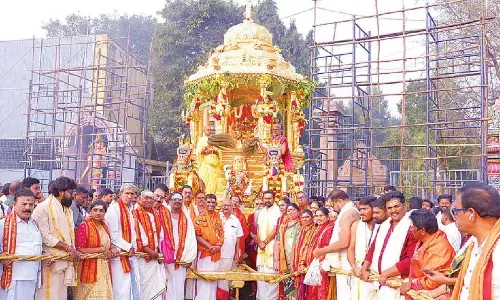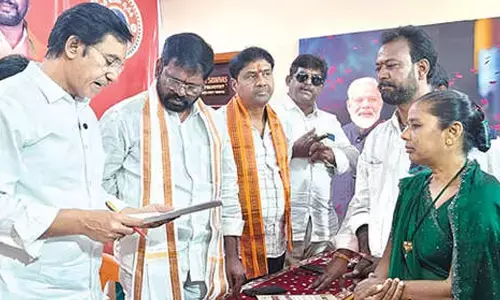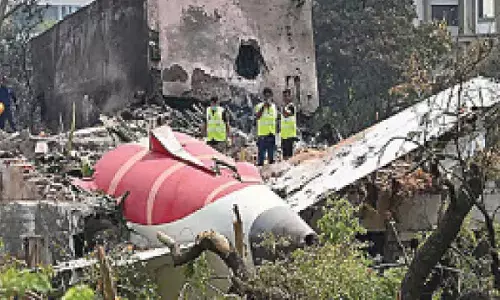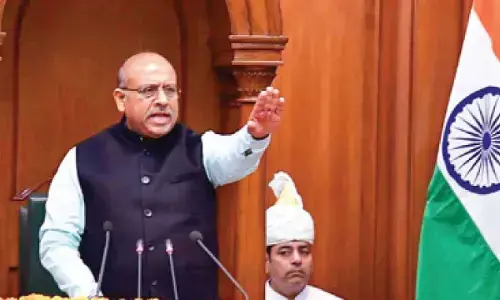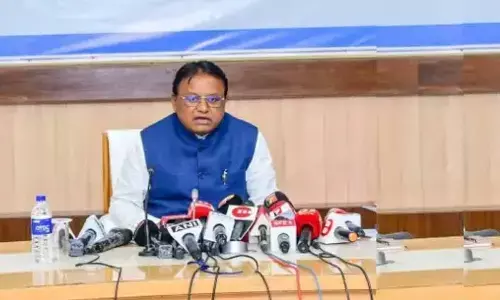IN-SPACe to have dialogue with 20 companies on technology transfer to make small rocket
Share :
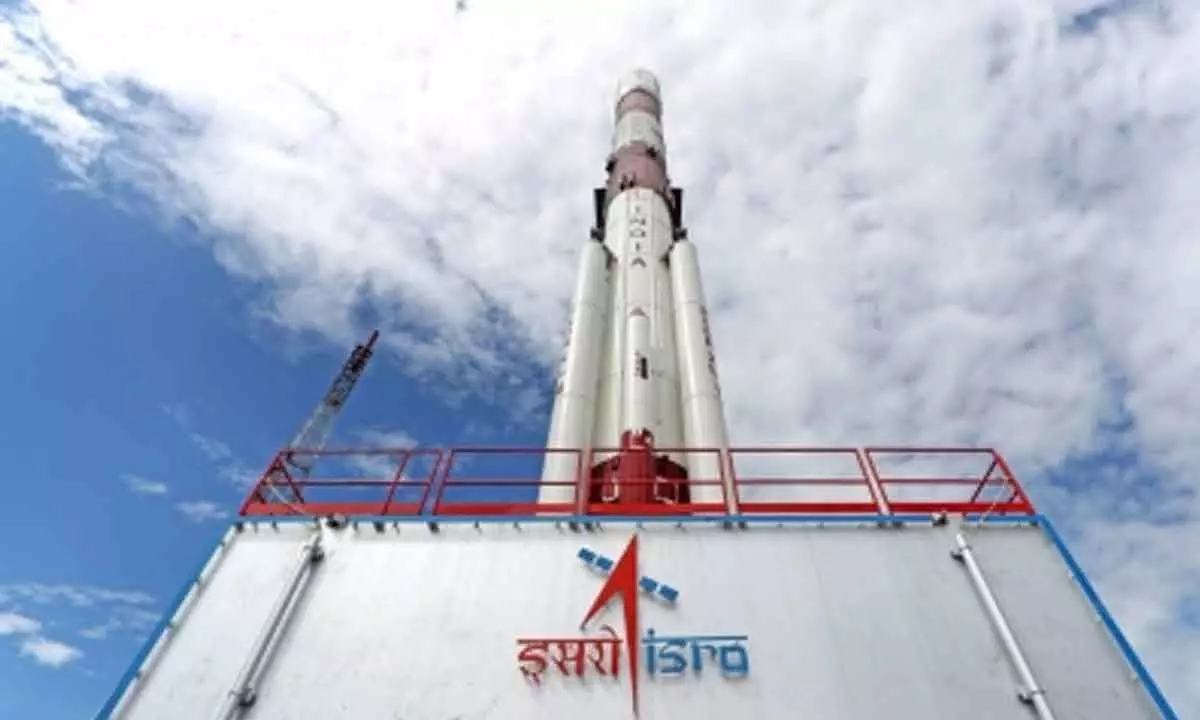
Officials of the Indian National Space Promotion and Authorisation Centre (IN-SPACe) and the Indian Space Research Organisation (ISRO) will meet representatives of about 20 companies interested in making a small rocket on August 8, a top official confirmed.
Officials of the Indian National Space Promotion and Authorisation Centre (IN-SPACe) and the Indian Space Research Organisation (ISRO) will meet representatives of about 20 companies interested in making a small rocket on August 8, a top official confirmed.
IN-SPACe is the regulator for private players in the Indian space sector and ISRO is the Indian space agency.
Recently it had had announced the ISRO’s decision to transfer the technology for making the small rocket or Small Satellite Launch Vehicle (SSLV) to private companies.
“Twenty companies have applied. Consortium formation will be known only when they submit the EOI (Expression of Interest),” IN-SPACe chairman Pawan Goenka told IANS.
“We are having a pre-EOI meeting on 8th (August) where ISRO and IN-SPACe teams will interact with all the applicants and based on the interaction we may fine tune the EOI,” Goenka added.
As per the conditions put out earlier, the interested private players or the leader of the consortium should have a minimum turnover of Rs 400 crore and be profitable.
The respondents should be in operation for a period not less than seven years and have at least five years manufacturing experience, thus excluding new age rocket startups if interested to bid alone.
The Intellectual Property Rights of the SSLV configuration considered for transfer of technology shall continue to be owned by ISRO.
However non-exclusive and non-transferable license of the rocket technology will be given to the selected party.
The SSLV designed and developed by ISRO has a payload capacity of 500 kg and is powered by solid fuel.
As per IN-SPACe, the technology to make SSLV will be transferred only to Indian private industries.
To the question how IN-SPACe is getting involved in the transfer of technology as the technology is owned by ISRO which already has a commercial arm by name NewSpace India Ltd (NSIL) a senior official of ISRO told IANS: "The contract will be with NSIL. INSPACe is facilitating the deal as per their mandate."
The Indian space agency has flown the rocket twice with satellites. While the first mission was a failure, the second one was a success.
According to the IN-SPACe, globally, with the emergence of the commercial space sector, it is expected that more than 20,000 satellites will be launched in the coming decade, as pointed out by Euroconsult.
For India to have a significant share of the commercial launch services market, it is necessary that the aggregate lift off capacity of the nation be increased multifold, quickly.
To this end, there is a need to complement the launch capacity of ISRO by allowing Indian private players also to own and operate launch vehicles developed by ISRO.
According to IN-SPACe, the SSLV technology may be transferred to more than one player in the nation's interest. The demand for launch of small satellites to a low earth orbit (LEO) has been phenomenally increased over years and set to further grow and anticipate around 8-10 launches every year.
As per note calling for EoI, the technology to make SSLV will be transferred to Indian private industries who are keen on assimilating the technology, set up manufacturing and business operations and compete in the global satellite launch market in the small satellite segment.
The interested respondents will be shortlisted based on their experience in handling multi-disciplinary turn-key projects and are capable of absorbing SSLV including aerodynamics, structural design, auxiliary systems, propulsion technologies, avionics and others from ISRO.
The shortlisted respondents will then be interacting with ISRO and IN-SPACe for getting further insight of the technology transfer processes.
Subsequently a Request for Proposal (RFP) would be prepared and tendered to these shortlisted bidders seeking techno-commercial bids.
The minimum baseline cost for technology transfer shall include technology transfer cost and the handholding charges -- for 24 months or realisation of two SSLV rockets whichever is earlier -- which will be indicated in the RFP.
To this extent, the commercial bids in response to the RFP shall be above the minimum baseline cost and the selection criteria would be on the highest bidder basis.
The Transfer of Technology process shall be accomplished within a period of 24 months or realisation of two SSLV rockets whichever is earlier, the note calling for EoI said.








